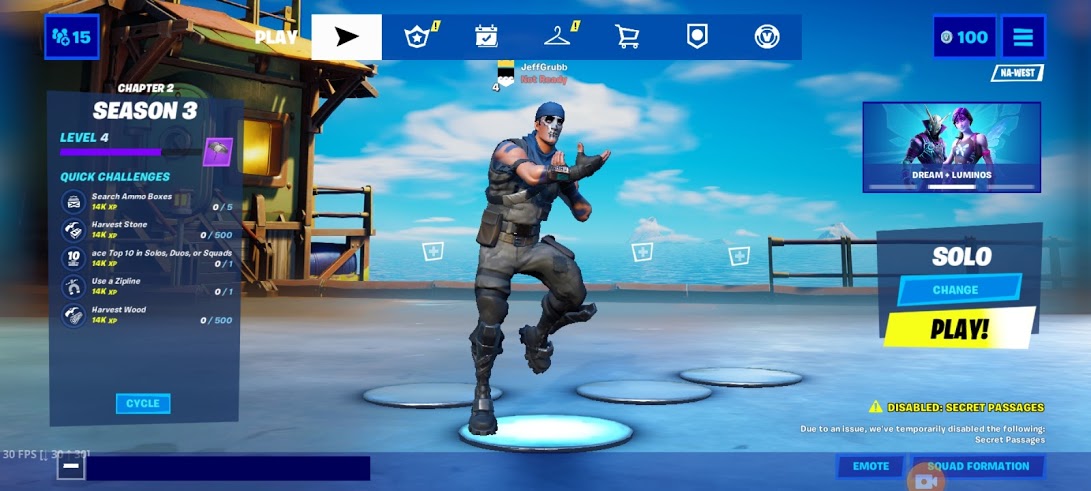Fortnite is probably not going to return to iPhone or other iOS devices any time soon. Apple made it clear in a statement it sent to Epic that it does not want to work with Tim Sweeney’s company until their legal business comes to a conclusion. This comes after Sweeney asked Apple to reinstate Epic’s developer account in a letter he sent to iOS boss Phil Schiller on September 16.
In its response, Apple essentially said that it does not trust Epic. And Tim Cook’s company doesn’t want to expose itself to business relations with Epic until both sides have fully exhausted their legal options.

Unlock premium content and VIP community perks with GB M A X!
Join now to enjoy our free and premium membership perks.
![]()

![]()